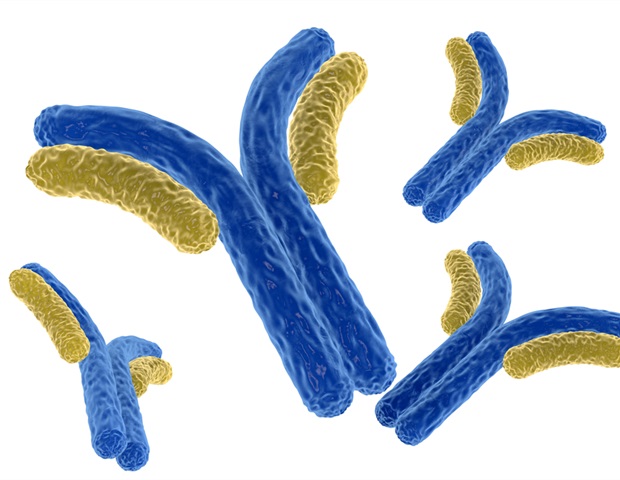
Abselion, a pioneering life sciences technology company focused on simplifying biomolecule quantification, today announced the launch of its Protein G Total Antibody Quantification Kit. The new kit is designed for use with the company’s Amperia™ benchtop platform and complements the existing Protein A-based format, enabling researchers to quantify a broader range of antibody isotypes and species using the same protocol-guided, user-friendly workflow and highly sensitive electrochemical readout. Abselion’s extended antibody quantification offering reflects continued investment in expanding the capabilities of its flexible Amperia platform to help streamline decision-making and optimize bioprocess workflows for scientists working across diverse antibody discovery and development settings.
Abselion’s Amperia benchtop platform is a simple-to-use solution for rapid and accurate automated quantification of a range of biomolecules, without optics or fluidics. The Protein G Total Antibody Quantification Kit is supplied in a ready-to-use format, including Protein G-coated sensor strips, assay plates, detection reagents, and assay buffers. The kit is suitable for use with purified or partially purified antibody samples in research and process development settings. Combined with Amperia’s intuitive software and step-by-step guidance, it allows researchers to generate reliable antibody titer data without the need for complex setup or specialized training.
The assay uses sensor strips pre-coated with Protein G, enabling direct capture of antibodies from a sample. After incubation, a labelled detection molecule binds to any remaining unoccupied Fc-binding sites on the sensor. The assay takes place directly on the sensor tip, where the bound analyte triggers an electrical signal, which is read instantaneously by Amperia. As antibody concentration increases, fewer sites are available for detection, resulting in a lower signal. This inverse occupancy format produces a signal that is inversely proportional to antibody concentration.
Current quantitative methods, such as bio-layer interferometry and surface plasmon resonance, are often limited to centralized analytical laboratories due to their cost and complexity of operation. This can lead to analytical delays and requirements for sample storage. Abselion’s Amperia system offers a robust, cost-effective, automated alternative for efficient, accurate antibody titer measurement. By introducing a Protein G-based option, users working with humanized antibodies, rodent IgGs, or engineered variants can now run reliable titer measurements without the need for revalidating or redesigning their assay setup.
Antibody-based research and development often involves a wide variety of formats, subclasses, and species. Having the flexibility to choose the most appropriate assay without adjusting workflows can simplify decision-making and improve efficiency.
This launch reflects Abselion’s commitment to evolving its platform in response to real-world research needs. Expanding our antibody quantification offering with Protein G allows us to better support scientists working with a broader range of antibody formats, and reflects our ongoing focus on making practical, application-driven tools more accessible.”
Dr Ruizhi Wang, CEO and Founder, Abselion


